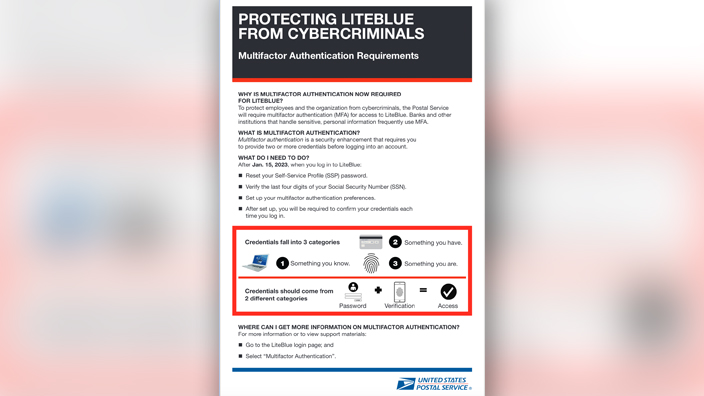Online criminals don’t need to know much to figure out the passwords to personal online accounts. If you are a pet owner, sometimes all they need is your pet’s name.
Approximately 48 million Americans own dogs, while nearly 32 million own cats, according to the American Veterinary Medical Association.
Studies show pet owners usually love their fur babies so much that they often use their names as passwords.
One study found at least 39 percent of American pet owners use passwords based on their pets’ names.
Cybercriminals use social engineering — malicious activities that rely on human error to trick users into revealing private information — to learn important details about their victims, like pet names.
The information is later used to decipher passwords and security questions to gain access to personal and business accounts.
Social engineering encompasses phishing, smishing and vishing, fraudulent messages from seemingly legitimate organizations or other entities sent by email, text and voice mail or phone calls.
Some social engineering attempts, such as phishing emails with spelling or punctuation errors, are easy to spot. However, new artificial intelligence programs, such as ChatGPT, eventually might make social engineering nearly impossible to detect.
To protect yourself, the CyberSafe at USPS team recommends the following:
• Limit. Be careful sharing information online about your family, job or other personal details.
• Verify. If you receive a request for information, make sure the person or company is legitimate. Never send information if you have any doubts.
• Report. If you suspect you are being targeted on your USPS-issued device, immediately call the Cybersecurity Operations Center at 866-877-7247 or send an email to CyberSafe@usps.gov.
The CyberSafe at USPS Blue and LiteBlue pages have additional information.



